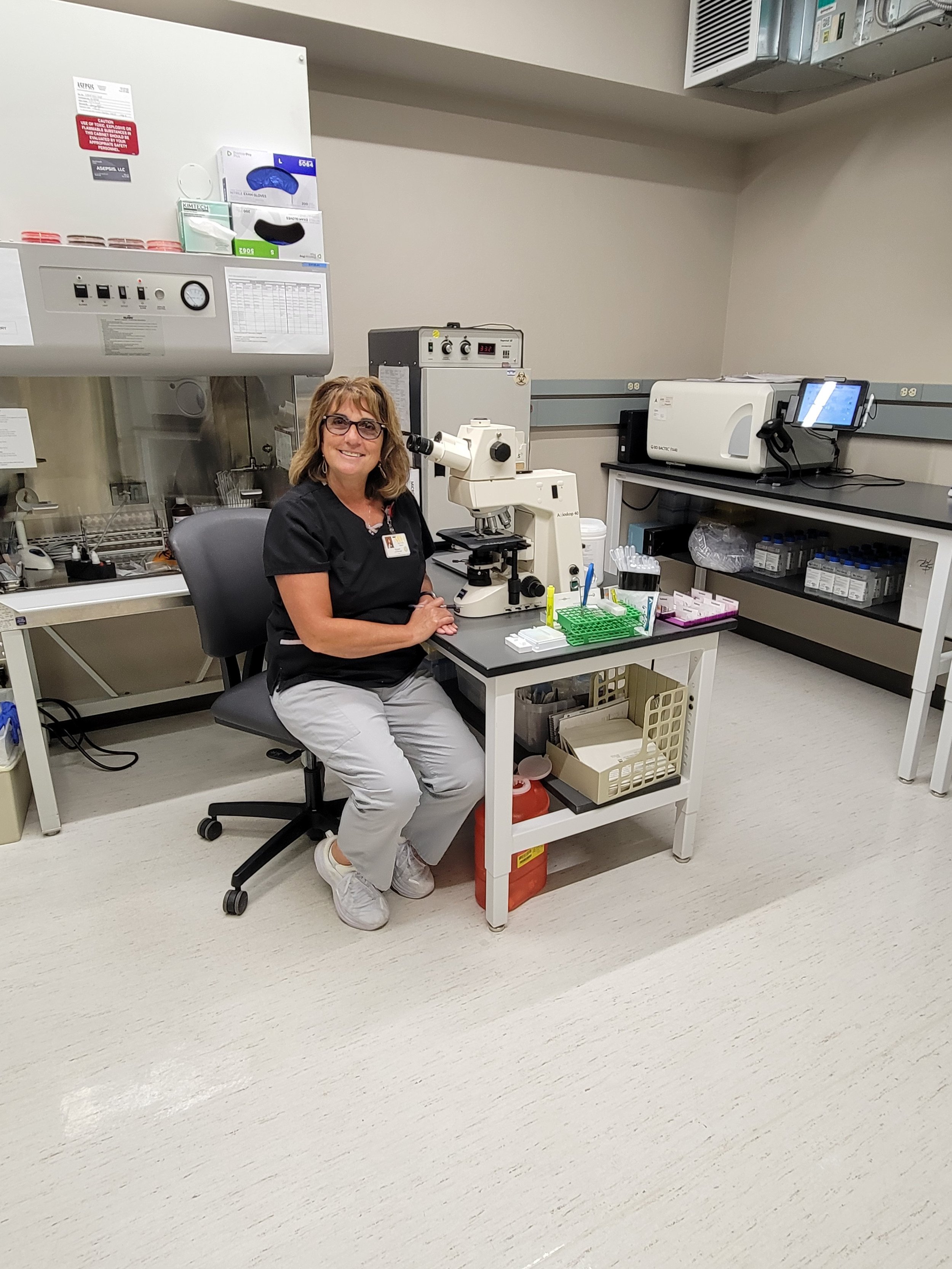NVH Newsletter July 2024
Rural Excellence Award:
For the second year in a row North Valley Hospital is proud to announce its selection as one of 13 hospitals honored by the Washington State Hospital Association (WSHA) for the Critical Access Hospital Achievement of Quality Excellence program. This prestigious recognition underscores our unwavering commitment to delivering exceptional healthcare services and improving patient outcomes.
The WSHA recognized these hospitals for their exemplary performance in key areas of healthcare quality improvement, including sepsis management, workplace violence prevention, diagnostic excellence, and addressing health disparities. The honored hospitals were selected based on their comprehensive reporting and adherence to quality measures that ensure the highest standards of care.
North Valley Hospital remains dedicated to advancing healthcare quality and will continue to implement innovative strategies to meet the evolving needs of our patients. We are grateful for the support of our community and the hard work of our staff, which made this achievement possible.
Noreen Olma & Kim Jacobs:
Retirements are bittersweet! Noreen Olma, Lab Manager and Kim Jacobs, Safety Officer both retired this summer. Both Noreen and Kim worked at NVH over 30 years.
Their dedication and passion have been truly inspiring, and it's hard to imagine my time here without their presence.
Noreen and Kim have been pillars of strength and support, making a significant impact on all of us. Noreen's unwavering commitment and Kim's boundless energy have shaped the very essence of our work environment. Their contributions have been invaluable.
As Noreen prepares for her well-deserved retirement, celebrated her last week with us, and Kim, who embarks on her retirement journey next month, it is hard to picture NVH without their guiding presence. Best of luck to both of you and enjoy retirement!
Construction Update:
As progress continues on the our HVAC construction, the team has moved onto the first floor in the St. Martin’s Building and Hospital. For patients and visitors this phase of work will be the most disruptive as access to MRI and x-ray require alternative routes. Patients in the ED and hospital floor may experience construction noise and increased traffic, but the crews are striving to be low impact.
Hot Conditions and Dehydration:
Staying Safe and Hydrated
As temperatures rise during the summer months or in hot climates, the risk of dehydration increases significantly. Dehydration occurs when the body loses more fluids than it takes in, disrupting the balance of salts and sugars in the body, which can affect the way it functions.
Understanding Dehydration
Dehydration can range from mild to severe, and its symptoms can vary accordingly. Mild dehydration might cause dry mouth, thirst, and decreased urine output. As dehydration progresses, symptoms can include:
Dizziness or light-headedness
Dry skin that doesn’t bounce back when you pinch it
Rapid heartbeat and breathing
Lack of energy or confusion
Fainting
In severe cases, dehydration can lead to heat exhaustion or heatstroke, both of which require immediate medical attention.
Causes of Dehydration in Hot Conditions
When exposed to hot conditions, the body tries to cool itself through sweating. Sweating results in a significant loss of water and electrolytes, such as sodium and potassium, which are essential for normal bodily functions. Factors that can exacerbate dehydration in hot weather include:
Physical Activity: Engaging in strenuous activities increases sweat production, leading to higher fluid loss.
Inadequate Fluid Intake: Not drinking enough water to replenish lost fluids can quickly lead to dehydration.
Clothing: Wearing heavy or non-breathable clothing can trap heat and increase sweating.
Alcohol and Caffeine: These substances can increase fluid loss through urination.
Preventing Dehydration
To prevent dehydration in hot conditions, it's essential to maintain an adequate intake of fluids. Here are some tips to stay hydrated:
Drink Plenty of Water: Aim to drink at lot of water and drink even more if you are active or spending extended periods in the heat.
Consume Electrolytes: Include drinks that contain electrolytes, especially during and after exercise. Sports drinks, coconut water, and oral rehydration solutions are good options.
Eat Hydrating Foods: Incorporate fruits and vegetables with high water content into your diet, such as watermelon, cucumbers, oranges, and strawberries.
Avoid Dehydrating Beverages: Limit the intake of alcohol and caffeinated drinks, as they can contribute to fluid loss.
Take Breaks in the Shade: If you’re outdoors, take regular breaks in shaded or cool areas to help regulate your body temperature.
Wear Appropriate Clothing: Choose light, breathable fabrics that allow your body to cool more effectively.
Recognizing and Treating Dehydration
Early recognition of dehydration symptoms can prevent more severe health issues. If you or someone else shows signs of moderate to severe dehydration, it is crucial to:
Stop Physical Activity: Rest in a cool, shaded place.
Rehydrate: Drink water or an oral rehydration solution slowly. Avoid chugging large amounts quickly, as it can cause stomach upset.
Seek Medical Attention: If symptoms worsen or do not improve, seek medical help immediately.
Sports Physicals:
Cover your kids' ears, but the end of summer is fast approaching. With the fall sports seasons just around the corner, it is time to start thinking about Sports Physicals. The Tonasket Family Medical Clinic has walk-in availability starting this week on Thursdays and Fridays until August 30th. Call 486-3191 for more information.


